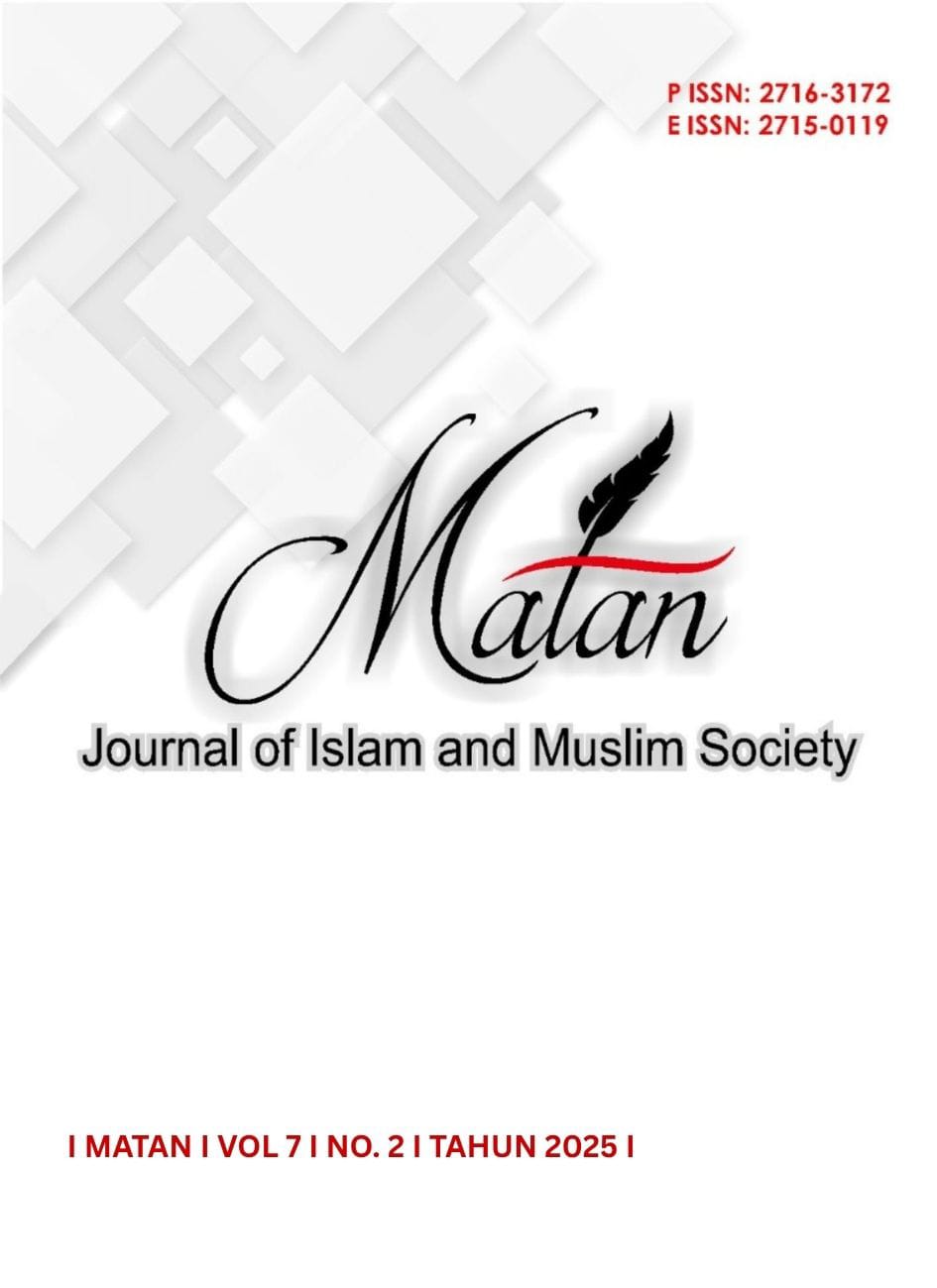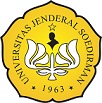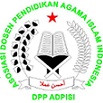Analisis Supply Chain Operation Reference (SCOR) Models dalam Supply Chain Management Pengiriman Halal Food di Indonesia
Abstract
This study aims to analyze the implementation of supply chain management (SCM) in the distribution of halal products in Indonesia through a literature review based on the Halal Supply Chain and SCOR models. Using a descriptive qualitative approach, it examines the application of traceability, segregation, and halal certification across all stages of the supply chain. Although Law No. 33 of 2014 has been implemented, challenges remain in logistics infrastructure, industry awareness, and certification costs, especially for SMEs. The SCOR Model highlights the importance of planning, risk management, and the use of technologies such as blockchain and Internet of Things (IoT). A comparison with Malaysia indicates the need to strengthen infrastructure, regulations, and technology to improve the effectiveness of halal product distribution in Indonesia.
References
Aula, A. M., R. N. Halim, and Saradiva Azzahra. "Industri Halal di Negara Berkembang dan Dominasi Malaysia atas Negara di Dalamnya." 2023,
Dilla, Z. U., & Fathurohman, M. S. (2021). Implementation of halal traceability supply chain with supply chain operation reference (SCOR) model for halal food industry. Jurnal Ekonomi Syariah Teori Dan Terapan, 8(5), 617-629.
Faizulhaq, A. M. Logistik dan Rantai Pasok Halal. Supply Chain Indonesia (SCI), (2024), pp. 67
Fauzan, M., & Lestari, D. Blockchain integration in halal supply chain: Opportunities and challenges. Jurnal Riset Pendidikan dan Pembelajaran, 15(2), (2025). Pp. 55–65.
Firdaus, F., & Safitri, W. Analisis halal supply chain serta pengaruhnya terhadap performance UMKM makanan di Kabupaten Bekasi. JEMSI (Jurnal Ekonomi, Manajemen, dan Akuntansi), 9(4) (2023), pp. 1101–1112.
Haque, M. G, Perjalanan Manajemen Industri & Jaminan Produk Halal Indonesia, (Sonpedia Publishing Indonesia, 2023)
Hidayat, T., & Fadillah, R. Proses sertifikasi halal dan implikasinya bagi UMKM. Jurnal Masyrif, 6(2) (2022), pp. 78–89.
Iskandar, Yelita Anggiane, et al. Pengelolaan Kinerja Rantai Pasok dengan Pendekatan SCOR. Penerbit Salemba, 2024, pp. 89
Junita, Sukma, Indah Nuraeni, Munasib Munasib, Atikah Proverawati, & Gumintang Ratna Ramadhan. " The Relationship Between Perception of Halal Certification and Purchase Decision of Contemporary Drinks among Students of Jenderal Soedirman University." Matan : Journal of Islam and Muslim Society, 7.1 (2025):
46-56.
Kurniawan, R. Sertifikasi halal produk impor di Indonesia. Salam: Jurnal Sosial dan Budaya Syar-i, 6(7), (2019), pp. 987–995.
Maryasa, Yeyet, and Utaminingsih Linarti. "Conceptual Model of Blockchain Technology for Chicken Meat Supply Chain in Yogyakarta City." Sistemasi: Jurnal Sistem Informasi 12.1 (2023), pp. 123-138.
Paramata, Adhayani Mentari, Achmad Abubakar, and Muhsin Mahfudz. "Urgensi Manajemen Rantai Pasok Bisnis Halal Perspektif Islam." Oikos Nomos: Jurnal Kajian Ekonomi dan Bisnis 16.2 (2023), pp. 92-100.
Putri, D. A., & Hasanah, A. N. Halal Supply Chain: Implementation and Challenges. EABMIJ (Emerging Advances in Business, Management and Innovation Journal), 2(1), (2024), pp. 12-22.
Putri, D. A., & Santoso, B. Implementation of halal traceability supply chain using blockchain technology. Neliti Journal of Supply Chain Management, 5(1), (2020), pp. 23–31.
Rahman, F., & Yuliana, M. Pengembangan pariwisata halal di Indonesia: Peluang dan tantangan. Journal of Economics Research and Policy Studies, 8(1) (2024), pp. 77–89.
Tsaniyah, N. S., I. Nuraeni, Munasib, Atikah Proverawati, and I. S. Wahyurin. “Hubungan Pengetahuan Label Halal Dan Kesadaran Kesehatan Dengan Keputusan Pembelian Makanan Kemasan Halal Pada Santri Pondok Pesantren Al-Quran Al-Amin Pabuwaran, Purwokerto: The Relationship Between Halal Label Knowledge and Health Awareness With Halal Food Purchasing Decisions on Santri Pesantren Al-Quran Al-Amin Pabuwaran, Purwokerto”. JURNAL GIZI
DAN KESEHATAN, vol. 16, no. 1, Jan. 2024, pp. 11-22,.
Sari, N. P., & Astuti, W. Tingkat literasi halal pada pelaku UMKM di Indonesia. Jurnal Balanca, 19(1), (2022), pp. 112–123.
Shariff, S., & Ahmad, N. (2019, May). Halal Logistics operations in MS2400 Standards: A literary review. In Contemporary Management and Science Issues in the Halal Industry: Proceedings of the International Malaysia Halal Conference (IMHALAL) (pp. 77-87). Singapore: Springer Singapore.
Syamil, A., Subawa, S., Budaya, I., Munizu, M., Darmayanti, N. L., Fahmi, M. A., ... & Dulame, I. M. (2023). Manajemen Rantai Pasok. PT. Sonpedia Publishing Indonesia.
Wahyuni, S., & Prabowo, H. Pengembangan sistem logistik halal berbasis teknologi di Indonesia. Jurnal Human Resource, 13(3), (2021), pp. 201–210.
Wardani, Qisti Lativa, Munasib Munasib, and Atikah Proverawati. "The difference between knowledge and attitude of Jenderal Soedirman University students in consuming halal food." AIP Conference Proceedings. Vol. 2586. No. 1. AIP Publishing LLC, 2023, p. 050012.
Zakiyah, Amiroh Rona, Khairiah Elwardah, and Khozin Zaki. "Pengaruh Sertifikasi Halal Bagi Perkembangan Pelaku Usaha di Kota Bengkulu." Economic Reviews Journal 4.2 (2025), pp. 607-616.








